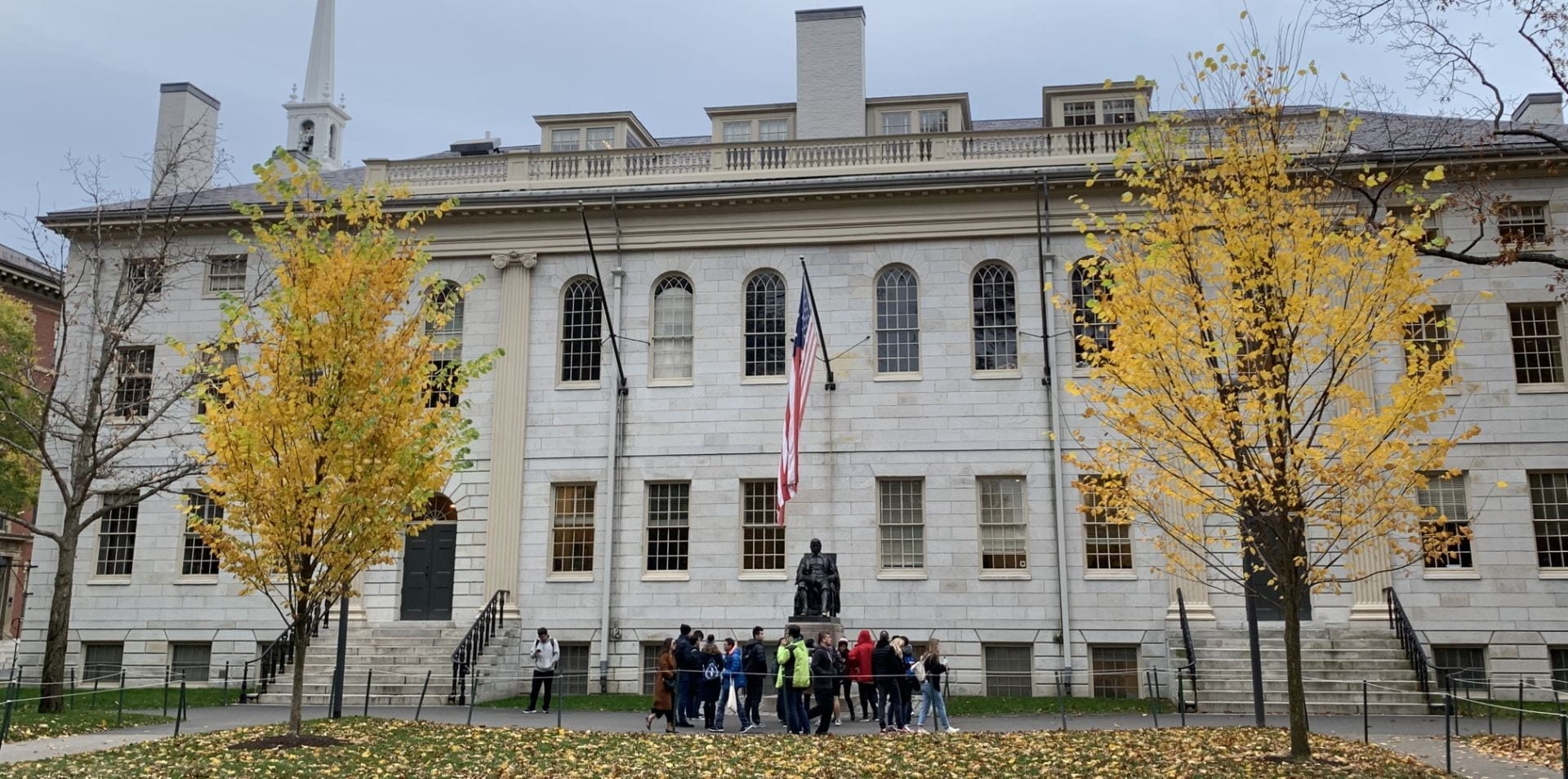The Department of History of Science presents the 2025 Frederick A. Jakobiec Lecture
Harvard Loeb House Ballroom, 17 Quincy St, Cambridge MA
Free and open to the public.

Abstract
From 2006 to 2009, the Netflix video service sponsored a competition to improve predictions about which films their customers would rank highly and lowly. Following strands in computational statistics and machine learning from the 1990s onward, the Netflix competition reduced the diverse values of knowledge—simplicity, predictive ability, mechanical insight, to one: a single metric to be maximized. To the surprise of many statisticians and others in the 1990s, and to many of the contributors in the Netflix competition, the best ways to maximize this metric proved to require bringing together many models into ensemble, indeed, to bring together the product of diverse human labors. Values of collective epistemology were built into the trained algorithmic systems themselves. The Netflix competition allows us to see the social worlds that create algorithmic models that are themselves social. Through it, we can see the coming together of social organizations and the coming together of different algorithmic predictors; we see the vernacular social theorizing within algorithms, the notions of collective expertise that yield ensembles of reified expertise. The well-known problems with machine learning systems end up in many ways stem from the inadequate sociality of machine learning and its makers.
Speaker
Matthew L. Jones is the Smith Family Professor of History at Princeton University. In 2023, Norton published his How Data Happened: A History from the Age of Reason to the Age of Algorithms, written with Chris Wiggins. He is completing a book, Great Exploitations on state surveillance of communications and information warfare. He has published two books previously, Reckoning with Matter: Calculating Machines, Innovation, and Thinking about Thinking from Pascal to Babbage and The Good Life in the Scientific Revolution: Descartes, Pascal, Leibniz and the Cultivation of Virtue (both with Chicago). The Mellon Foundation, the Alfred P. Sloan Foundation, the Guggenheim Foundation, and the National Science Foundation have funded his research and teaching.
